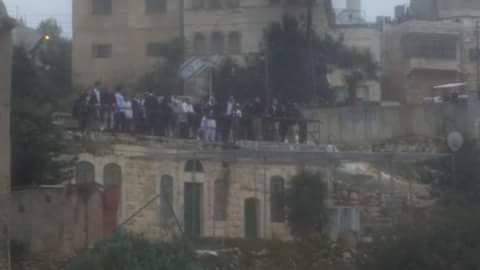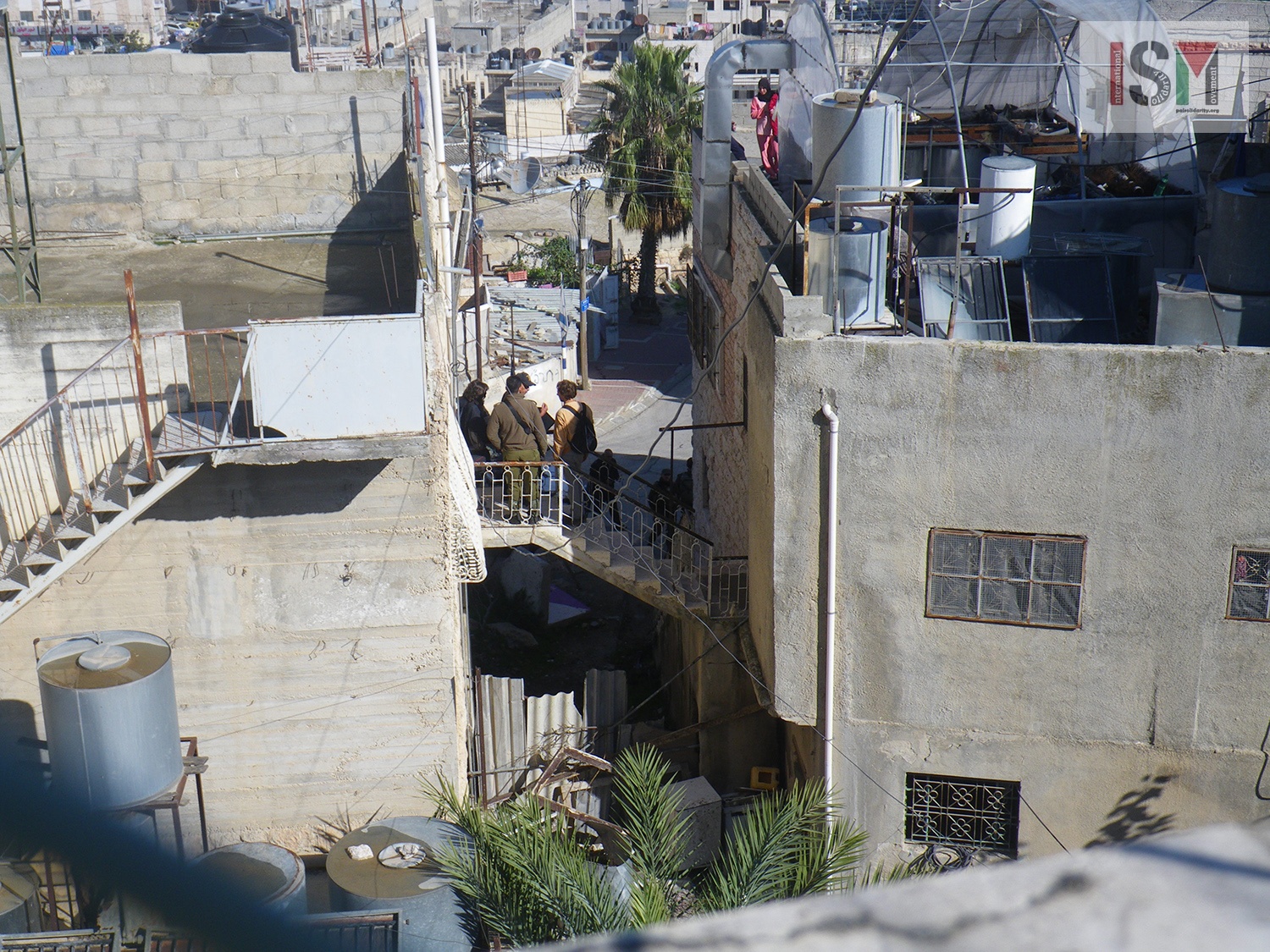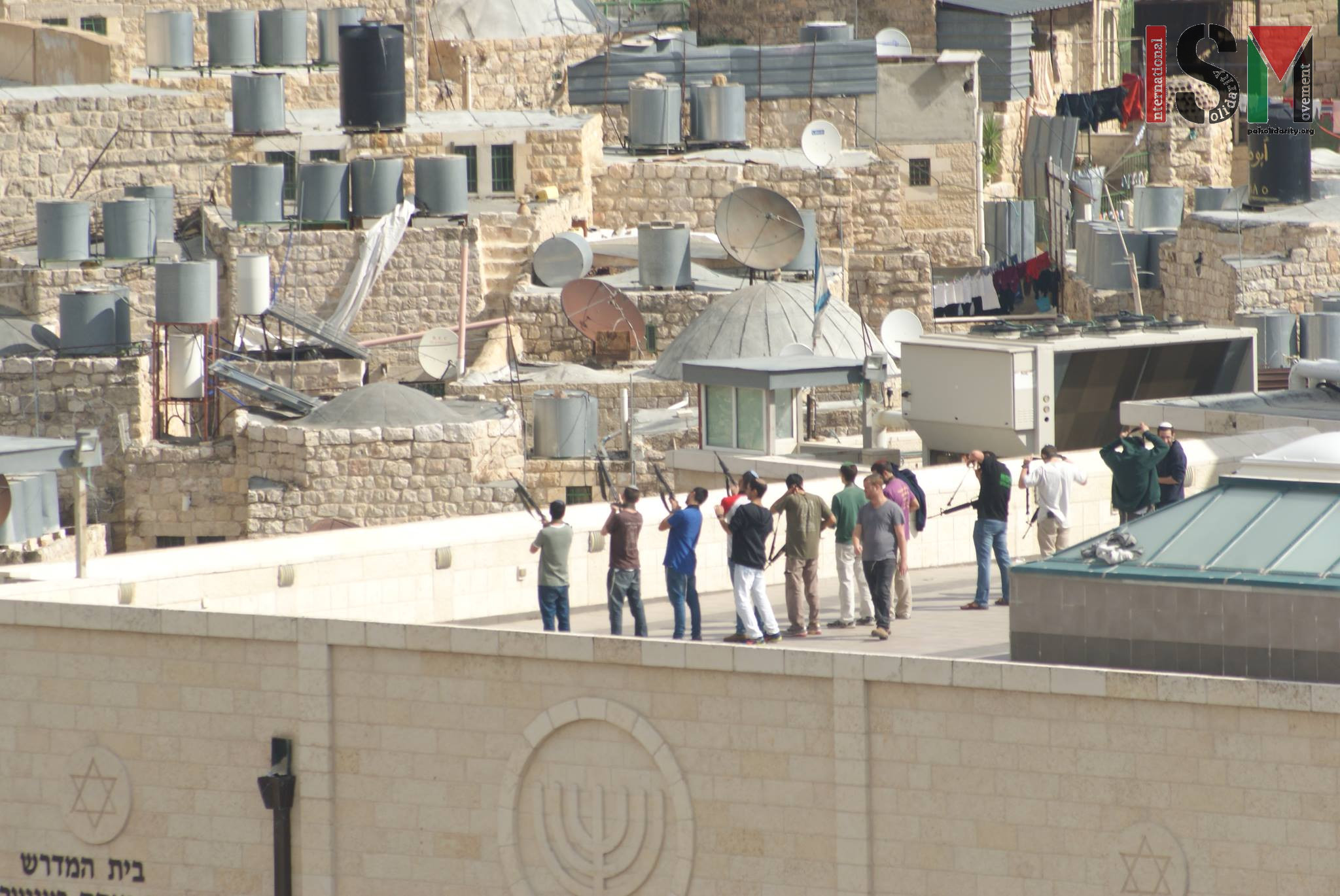Category: Hebron
-
“When soldiers see a camera they come to you like a beast”
16th November 2015 | International Solidarity Movement, Al-Khalil team | Hebron, occupied Palestine Since the beginning of October Israeli soldier- and settler violence has increased sharply and resulted in even further restrictions on Palestinians’ everyday lives in occupied al-Khalil (Hebron). Imad Abu Shamsiyyeh, a volunteer with the Palestinian organization Human Rights Defenders, has been documenting…
-
Human rights activists evicted from Tel Rumeida apartment again
12th November 2015 | International Solidarity Movement, al-Khalil Team | Hebron, occupied Palestine Yesterday, international activists regained access to their Tel Rumeida apartment after being denied entry for a week. This morning at 8.45am another activist tried to enter the apartment but was prevented by soldiers, even after showing them the rental contract granting her…
-
Settler gun training on roof overlooking school : this is how they teach hate
11th November 2015 | International Solidarity Movement, al-Khalil Team | Hebron, occupied Palestine This morning, for four hours from 9am to 1pm, a group of Israeli Settlers were training on the rooftop of the illegal settlement building, Yona Menachem Rennert Beit Midrash, on Shuhada street. An instructor taught them how to hold a gun properly…



